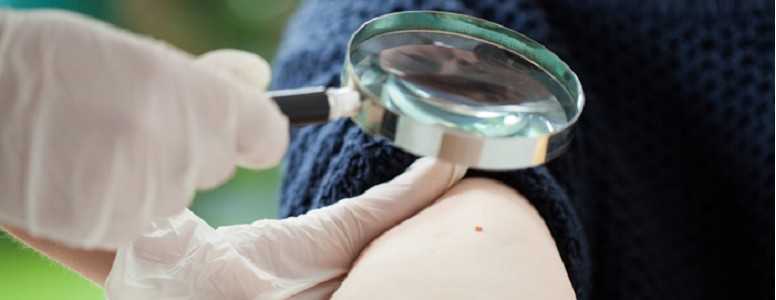A link has been found between having a large number of moles and a higher risk of developing type 2 diabetes, according to a review of two studies.
US researchers say these findings suggest a “common mechanism” shared by nevogenesis, the medical term for moles and birthmarks, and type 2 diabetes.
Dr Yiqing Song, associate professor in the Richard M Fairbanks School of Public Health at Indiana University, which conducted the research, said: “Our results indicate a potential common mechanism shared by nevogenesis and type 2 diabetes, although further studies are warranted to confirm our findings and clarify the underlying mechanism.”
Data was taken from just over 26,000 men from the Health Professionals Follow-up Study (HPFS), which began in 1988, and 67,050 women from the Nurses’ Health Study in 1986.
The researchers took into account lifestyle and the medical history of the participants, and the number of moles on the left arm was measured on each participant, from shoulder to wrist.
The research team only focused on what was deemed “common moles” and did not note down the type of mole each participant had on their arm.
There were just over 9,000 cases of type 2 diabetes in both genders, and those with a greater mole count were more likely to have developed the condition.
This positive association remained consistent even after confounding variables were considered, such as age, BMI, multivitamin use, smoking status, alcohol, physical activity and family history of diabetes.
The researchers wrote: “To our knowledge, the present study is the first to prospectively examine the association of melanocytic nevus count with type 2 diabetes risk.
“Our findings suggest that mole count could be a novel marker for development of type 2 diabetes, indicating a unique nevus development-related mechanism.”
The study was published online in the journal Diabetic Medicine.
What's new on the forum? ⭐️
Get our free newsletters
Stay up to date with the latest news, research and breakthroughs.








